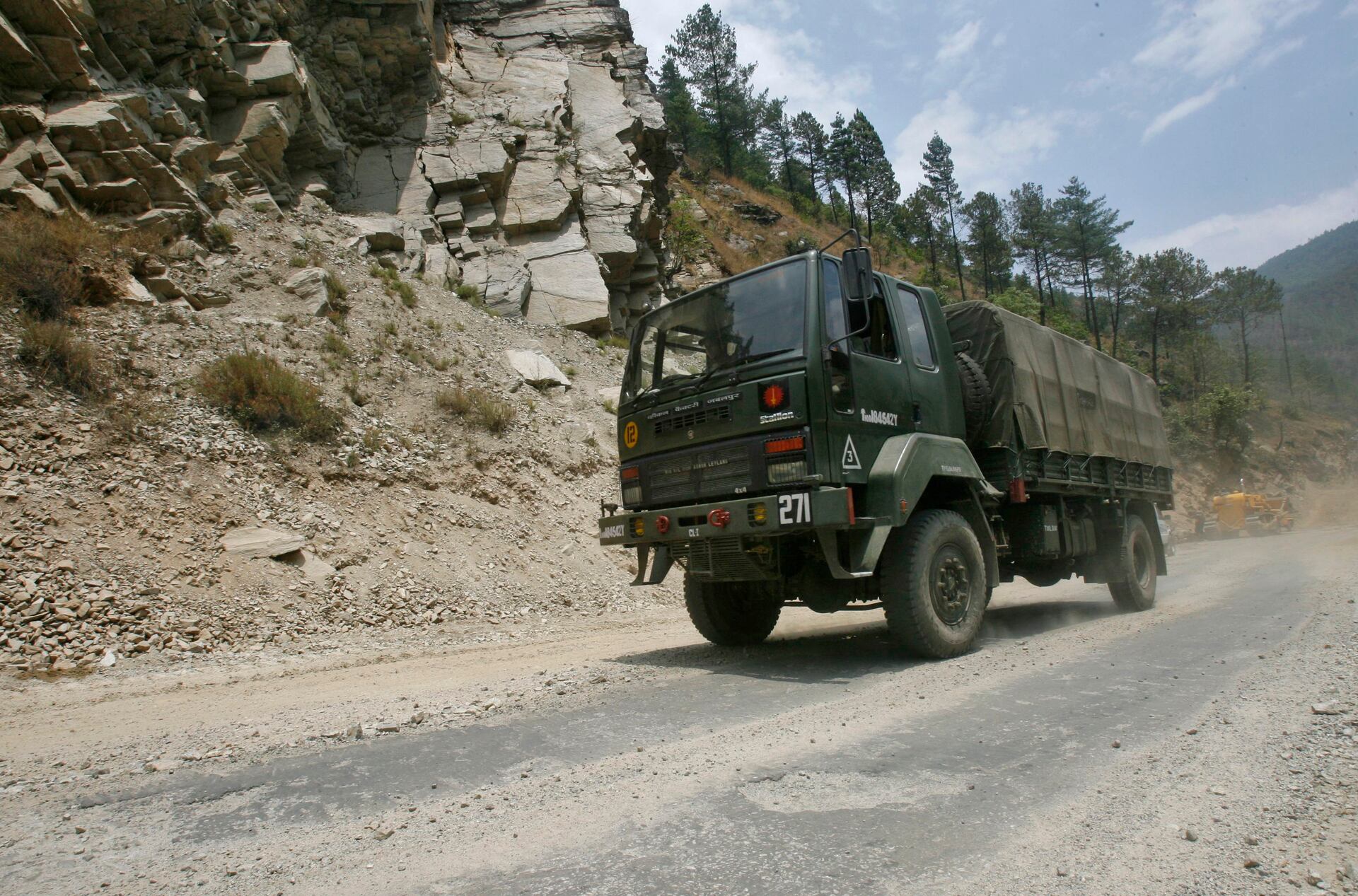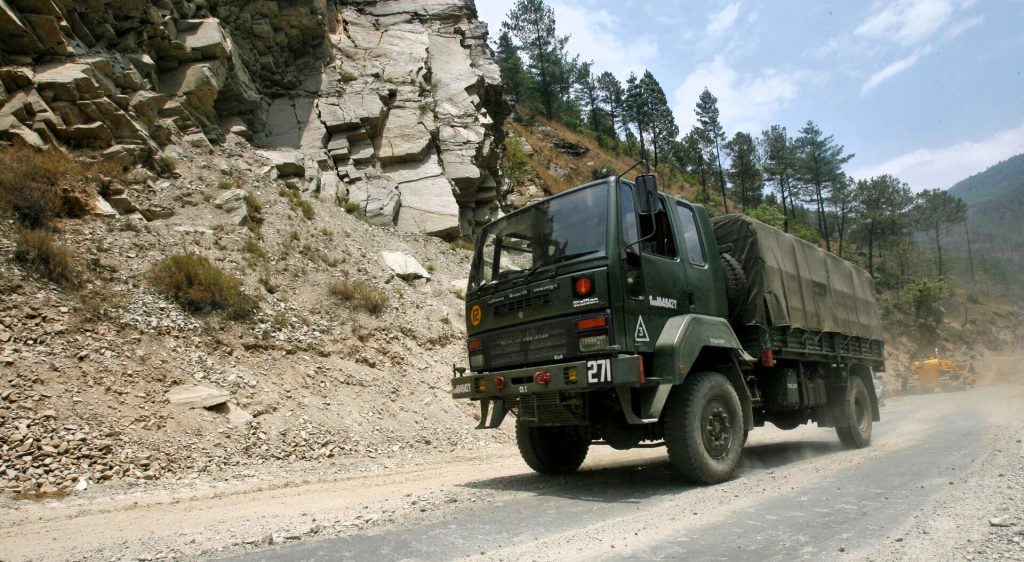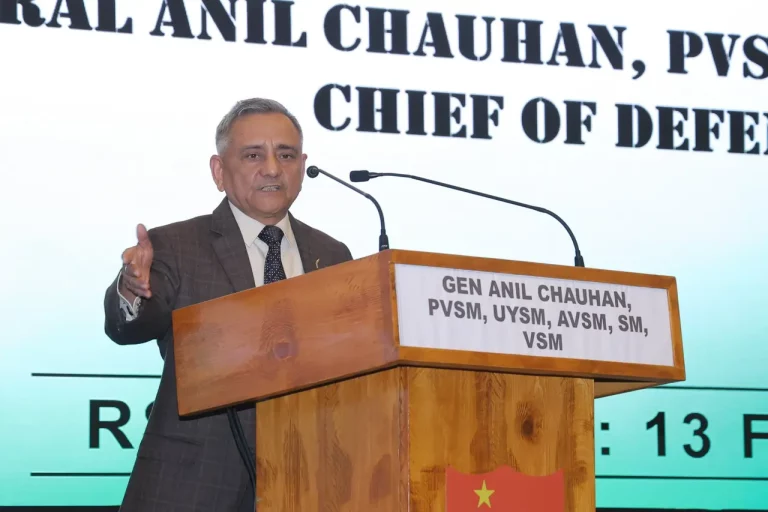New Delhi has once again dismissed China’s assertions over Arunachal Pradesh, emphasizing that the northeastern state remains an “integral and inalienable part of India.” This stance comes in response to recent remarks by the Chinese Defence Ministry, which reiterated claims over the territory of Arunachal Pradesh, referring to it as “Zangnan” and an inherent part of China’s territory.
The Ministry of External Affairs (MEA) of India, through its spokesperson Randhir Jaiswal, conveyed India’s position clearly, refuting the “absurd claims” and “baseless arguments” presented by China. “We have noted the comments made by the Spokesperson of the Chinese Defence Ministry advancing absurd claims over the territory of the Indian State of Arunachal Pradesh. Repeating baseless arguments in this regard does not lend such claims any validity,” Jaiswal stated.
The Indian government remains steadfast in its commitment to the development and well-being of Arunachal Pradesh’s citizens, ensuring they continue to benefit from various development programmes and infrastructure projects across the state.
The controversy reignited following comments from the Chinese Ministry of National Defence spokesperson, Senior Colonel Zhang Xiaogang, on March 15, who said, “Zangnan is China’s inherent territory, and China never recognizes and firmly opposes India’s illegal establishment of the so-called ‘Arunachal Pradesh’.”
India’s rebuttal to these claims followed shortly after China expressed objections to Prime Minister Narendra Modi’s visit to Arunachal Pradesh. The MEA emphasized that Indian leaders, including the Prime Minister, routinely visit Arunachal Pradesh, akin to any other state within India, and such visits or development initiatives should not be a cause for objection. “Objecting to such visits or India’s developmental projects does not stand to reason,” added MEA spokesperson Jaiswal.
Prime Minister Modi’s recent engagement in Arunachal Pradesh involved the virtual inauguration of the strategic Sela Tunnel on March 9. This infrastructure, developed by the Border Roads Organisation (BRO) at an altitude of 13,000 feet, aims to enhance connectivity between Tezpur in Assam and Tawang in Arunachal Pradesh, close to the Line of Actual Control (LAC).
China’s longstanding claim over Arunachal Pradesh as part of South Tibet frequently leads to tensions between the two nations, with Beijing often voicing its opposition to any formal recognition or developmental activities by India in the region. Despite these objections, India continues to assert its sovereignty over Arunachal Pradesh, underscoring the state’s status as an integral part of the Indian Union.









